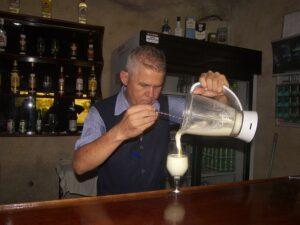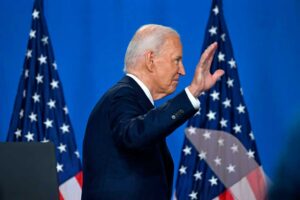Cuba commemorates today the beginning of the wars for independence from Spanish colonialism, marked by the so-called Cry of Yara led by Carlos Manuel de Céspedes on 10 October 1868.
During that date, at his eastern farm La Demajagua, the lawyer Céspedes donned the garments of a liberator and began the tortuous path that made him the Father of the Nation.
That morning he gathered other insurgent Cubans, granted freedom to his slaves, and invited them to confront the Spanish army, while pronouncing the Manifesto of the Revolutionary Committee of the Island of Cuba.
I count on your heroism to consummate independence. I count on your virtue to consolidate the Republic. You can count on my self-sacrifice, he declared, and thus, he fired the starting shot of the War of ’68, the Great War, or the Ten Years’ War (so called for its duration).
His words resulted in a Cuban cry against colonialism, against slavery, and for national liberation.
«When a people reaches the extreme of degradation and misery in which we find ourselves, no one can reproach them for taking up arms to escape a state so full of opprobrium,» he said after an enumeration of the nation’s problems.
The world crisis and its effects here, the economic differences between the Cuban regions, Spain’s refusal to permit the right of assembly, freedom of the Press, the formation of political parties, and the abolition of slavery, were some of the causes of the outbreak.
The Cry of Yara, with «echoes» across the rest of the national geography, is considered by historiography a triumph of independence ideas against Spanish integrism and the reformist and annexationist currents of the time.
It was the beginning of the first Cuban war of independence against Spain, in whose legacy it is clear that it sowed and awakened patriotism, indiscriminately, in slaves, peasants, artisans, professionals, and intellectuals of the country.
But it was not the only one, since after much bloodshed, in 1878 Spain maintained control of the island with the favour of the slave-owning oligarchy and the emancipatory purpose of the majority of Cubans remained unfulfilled.
Later came the Little War (1879-1880) and the War of Independence or Necessary War (1895-1898), the latter organised by the National Hero, José Martí, and whose definitive success was frustrated by the intervention of the United States government.
At the end of the 19th century, Cuba passed from the hands of Spain to US tutelage, and another history began for its children.




